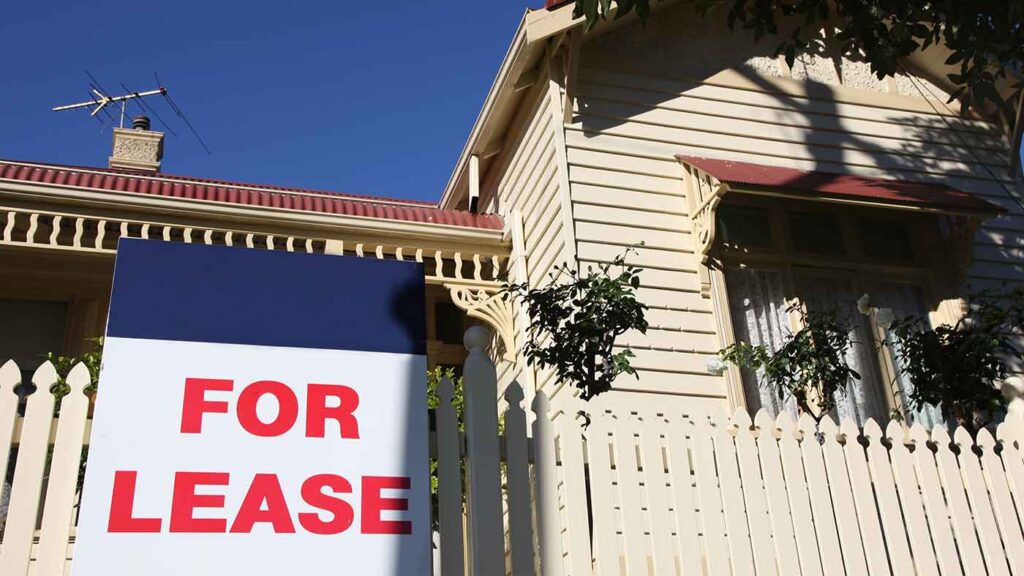 The Law Society of NSW
The Law Society of NSWThe legal rights of renters are a hot topic presently, as the rental market becomes a battleground in the cost-of-living crisis. Shortage of supply rental supply and an increasing cash rate putting mortgage pressure on landlords have equally been putting pressure on renters by raising their rates. More than ever, tenants need to know their rights as a renter and ensure they’re not being taken advantage of in a difficult market.
On the most recent episode of Lawfully Explained, a podcast discussing the everyday legal advice people need to know, Grant Arbuthnot, the Principal Solicitor of the Tenants’ Union of New South Wales, joined the show to delve into the legal rights of renters in New South Wales and answer all our questions.
Whilst the episode is well worth a listen in its entirety, here are a couple of the most interesting and important legal rights and responsibilities of renters:
What are the legal rights of renters regarding rent increases?
A key area of concern now for renters is rental increases. In New South Wales, the amount a tenant pays per week is generally subject to change each year in a long-fixed term agreement, and in more recent times have been known to go up in large increments.
“If proper notice is given,” Grant notes, “then rent increases happen as a matter of law.” Although “you can challenge a rent increase by applying to the tribunal for an order that it is excessive,” Grant acknowledges “those applications are usually not successful.”
Can you challenge an increase to your rent?
According to Grant, “there is a process where you apply to the tribunal and present evidence about the premise, and like premises in the same area, and try to convince the tribunal that the increase is excessive.”
The tribunal Grant is referring to is the New South Wales Civil and Administrative Tribunal, or NCAT, for those keeping notes.
However, he goes on further to note “there’s a strong power imbalance between landlords and tenants,” and that “it’s very often a take it or leave it proposition.”
It’s not a lot of fun if you’re a renter…
He does offer some advice to people if you go down the road of taking your landlord to NCAT.

What is the process in going to NCAT?
Grant’s first piece of advice is to seek legal guidance.
“You don’t have to get advice from a solicitor,” adds Mr. Arbuthnot, “there are tenant services funded in New South Wales through the Department of Fair Trading, and so there are about 80 tenant advocates across the state who provide lots of telephone advice and other assistance depending on somebody’s needs and abilities.”
When representing yourself at NCAT, ‘documentary evidence’ is the best thing you can present.
“You need something to corroborate your version of events and documentary evidence is the best thing,” recommends Grant.
“All the correspondence and email is a boon for tenants because an awful lot of what used to happen on the phone now happens in email and you can prove it.”
Keep your receipts people!
What other legal rights of renters should you know?
Grant Arbuthnot goes into loads more detail on the podcast and answers loads more questions. If you’re a renter, give it a listen and brush up on your legal rights.
What is the Lawfully Explained podcast?
Lawfully Explained is a podcast that does exactly as the title suggests: explaining important legal know-how in simple, easy-to-understand language. If you ever find yourself needing to understand your rights or speak to a lawyer, the podcast helps you get a better understanding of the legal system.
The contents of this article do not constitute legal advice and should not be relied upon as such. You should seek legal advice or other professional advice in relation to any particular matters you may have.
